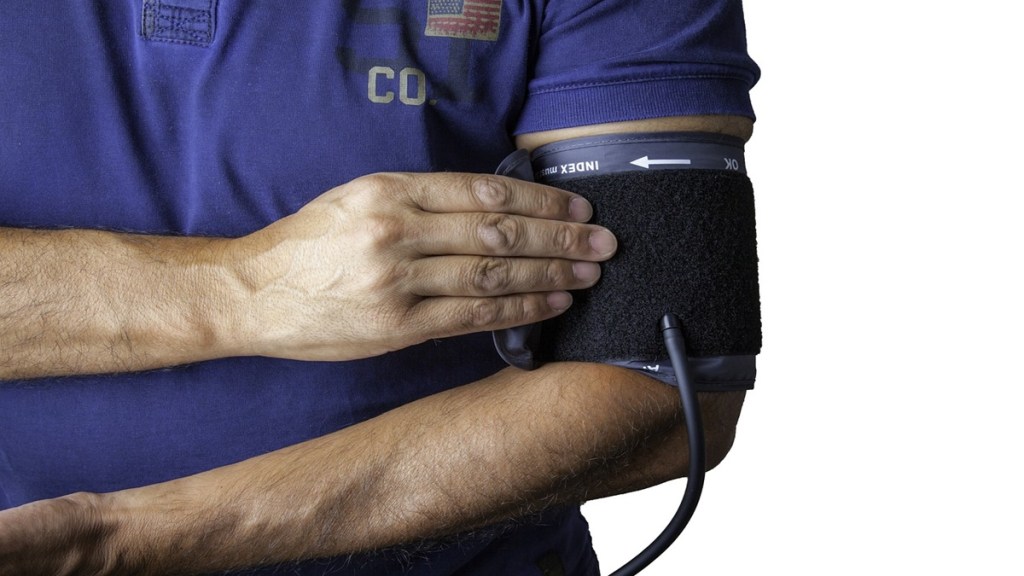High blood pressure, also known as hypertension, continues to be a major public health issue. Your blood pressure is considered high when you have consistent systolic readings of 130 mm Hg or higher, or diastolic readings of 80 mm Hg or higher.
According to doctors, high blood pressure can be particularly challenging to manage during the colder months. Many people notice their blood pressure rising in colder months. But why? Doctors maintains that cold temperatures cause blood vessels to narrow and this increases resistance in the blood vessels, forcing the heart to pump harder and raising blood pressure.
How to manage blood pressure in winter?
Follow these strategies for how to control high blood pressure in winter:
- Regular exercise keeps your blood vessels flexible and improves overall circulation. So, stay active.
- Winter can tempt us with indulgent holiday treats like Gajar ka Halwa, but maintaining a heart-healthy diet is essential.
- Limiting your salt intake becomes even more vital during winter as excess sodium is a known contributor to high blood pressure.
- Avoid smoking and drinking alcohol as this can raise your blood pressure levels and increase risk of heart-related issues, including heart emergencies.
- Staying hydrated can also help mitigate the impact of cold weather and hypertension.
- Keep yourself warm and layer up properly.
- Stress is a known factor in high blood pressure. Try to do activities like deep breathing exercises, mindfulness, and progressive muscle relaxation to lower stress levels.
- Poor sleep patterns can also lead to increased blood pressure. So, get adequate amount of sleep.
- If you are on medication for high blood pressure, it’s important to stick to your prescribed regimen.
- Monitor your blood pressure regularly.

